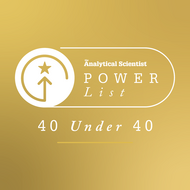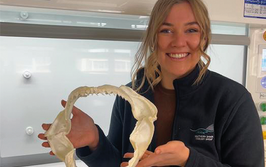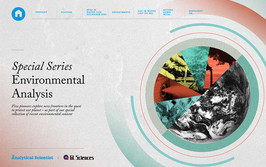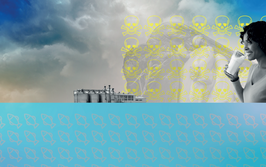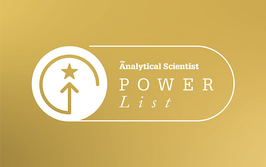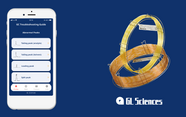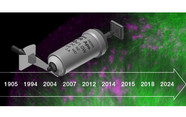Marcello Locatelli

Associate Professor of Analytical Chemistry, Department of Pharmacy, University "G. d' Annunzio" Chieti-Pescara, Italy
A problem that interdisciplinarians should tackle? We are witnessing an ever-greater integration of diversified knowledge in the various sectors. In recent years in particular, it has become evident that the monodisciplinary approach is no longer sufficient to fully understand problems and satisfy the definition of analytical chemistry: "the science of obtaining, processing, and communicating information about the composition and structure of matter. In other words, it is the art and science of determining what matter is and how much of it exists".
All sectors where analytical chemistry is applied today require a multidisciplinary approach – involving the analytical chemist (to guarantee the validity of the data) and the contribution of other disciplines, such as biochemists, engineers, and environmental chemists. In the health industry in particular, this multidisciplinary approach has become the norm to reduce the chance of discrepancies. Bioanalytical chemistry plays a very important role here, especially for monitoring new drugs and characterizing biotechnical molecules.
To make progress in treating diseases, developing new diagnostic tools, and finding solutions for currently untreatable conditions, it is essential to take an integrated and multidisciplinary approach. Research groups must be able to work collaboratively and grow in an interdisciplinary manner. By bringing together expertise from different fields, we’re able to provide comprehensive answers to the original question, rather than incomplete or partial responses.
The secret to a successful interdisciplinary collaboration…The success of an interdisciplinary collaboration lies in the ability to come together as equals at the table, and discuss data integration to achieve the most accurate representation possible. It is crucial to constantly question and critically evaluate everything, particularly one's own data, in order to maintain a scientific perspective. Establishing harmony among experts, fostering trust and friendship, and creating an environment where individuals can freely express their thoughts and ideas without being hindered by their hierarchical positions is also essential.
Fostering interdisciplinary working? It is essential to focus on training current professionals while educating and promoting the idea of interdisciplinary collaboration amongst a generation of new students. The responsibility lies with academic institutions in preparing future scientists and researchers – playing a crucial role in instilling a mindset that embraces this concept. It can be highly instructive to demonstrate the successful outcomes of multidisciplinary work in seminars. These efforts will expand the overall understanding of our problems rather than focusing on fragments of knowledge.
